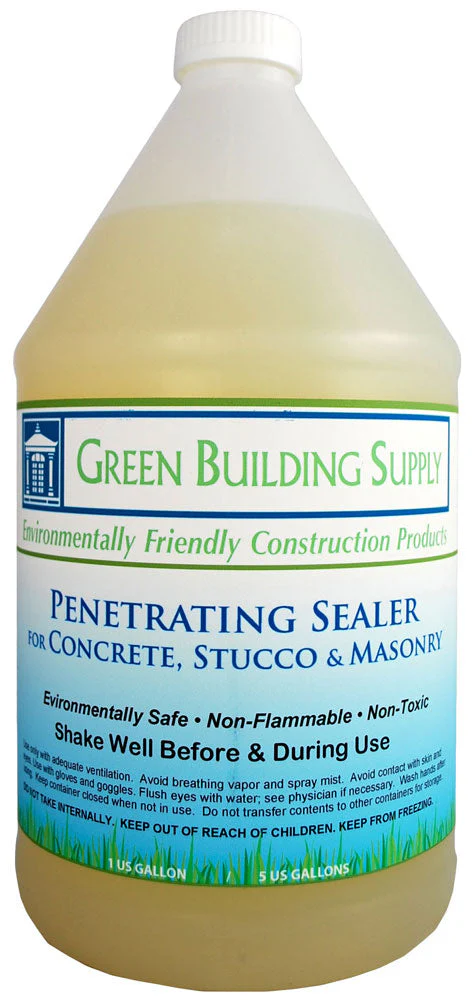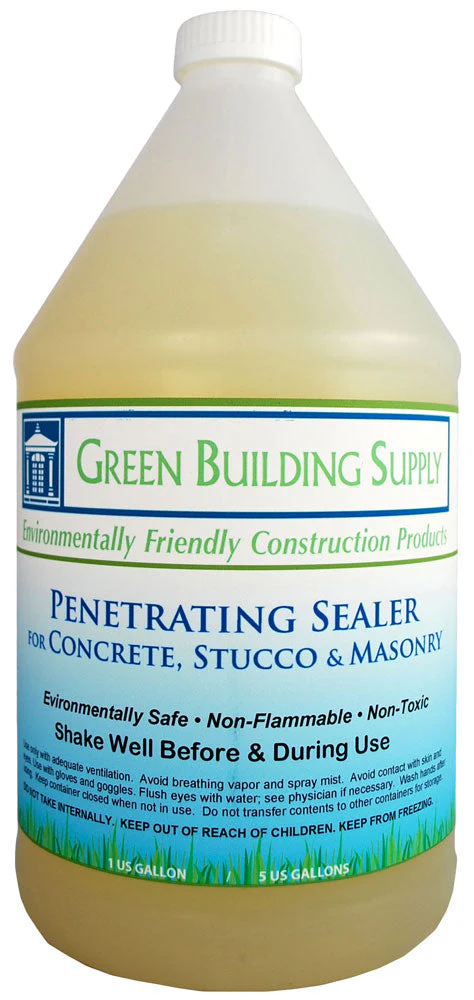Answer
Sep 01, 2016 - 12:00 PM
We recommend sealing all concrete because you never know when excess water could seep in. Sealing the concrete strengthens the concrete, stops dusting, stops efflorescence, prevents moisture from hydrostatic pressure coming up from the bottom and penetrating down from the top and it has a 15-year warranty against moisture intrusion. It's an insurance policy.
There are two caveats. 1) The concrete must be clean, dry, neutral pH and porous. It won't work if its been previously sealed, dirty, wet or brand new. If your calcium chloride test is greater than 3 lbs. per 1000 ft, then you need to let it dry out. Add some fans, ventilate or turn on the heat. Wet concrete won't allow our sealer to penetrate 2-5 inches like it's supposed to.
2) Once you seal it, you will not be able to install ceramic or porcelain tile over it because Thinset will not bond to the sealed surface.
We recommend and stock GBS Penetrating Sealer. One gallon covers 200 SF.
There are two caveats. 1) The concrete must be clean, dry, neutral pH and porous. It won't work if its been previously sealed, dirty, wet or brand new. If your calcium chloride test is greater than 3 lbs. per 1000 ft, then you need to let it dry out. Add some fans, ventilate or turn on the heat. Wet concrete won't allow our sealer to penetrate 2-5 inches like it's supposed to.
2) Once you seal it, you will not be able to install ceramic or porcelain tile over it because Thinset will not bond to the sealed surface.
We recommend and stock GBS Penetrating Sealer. One gallon covers 200 SF.



